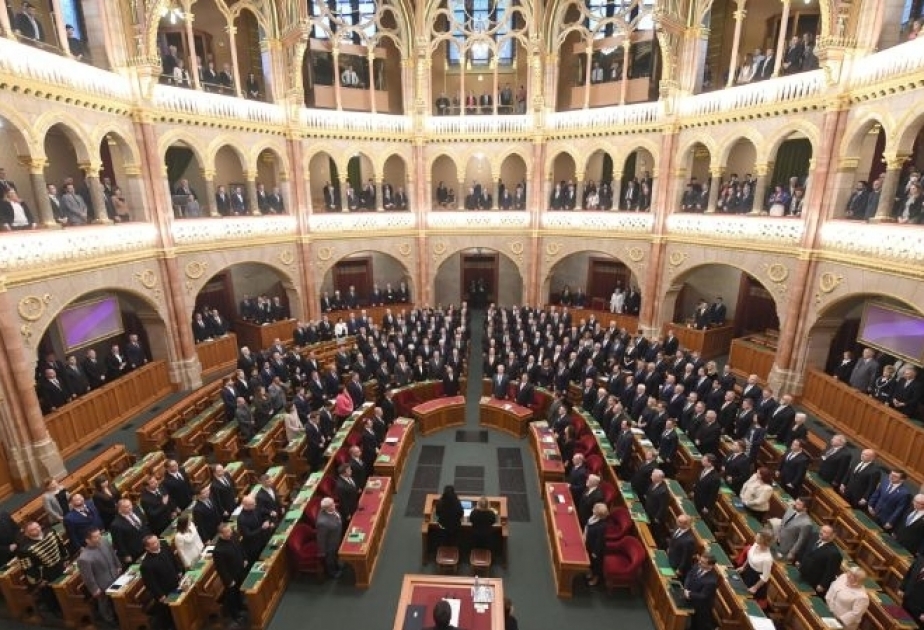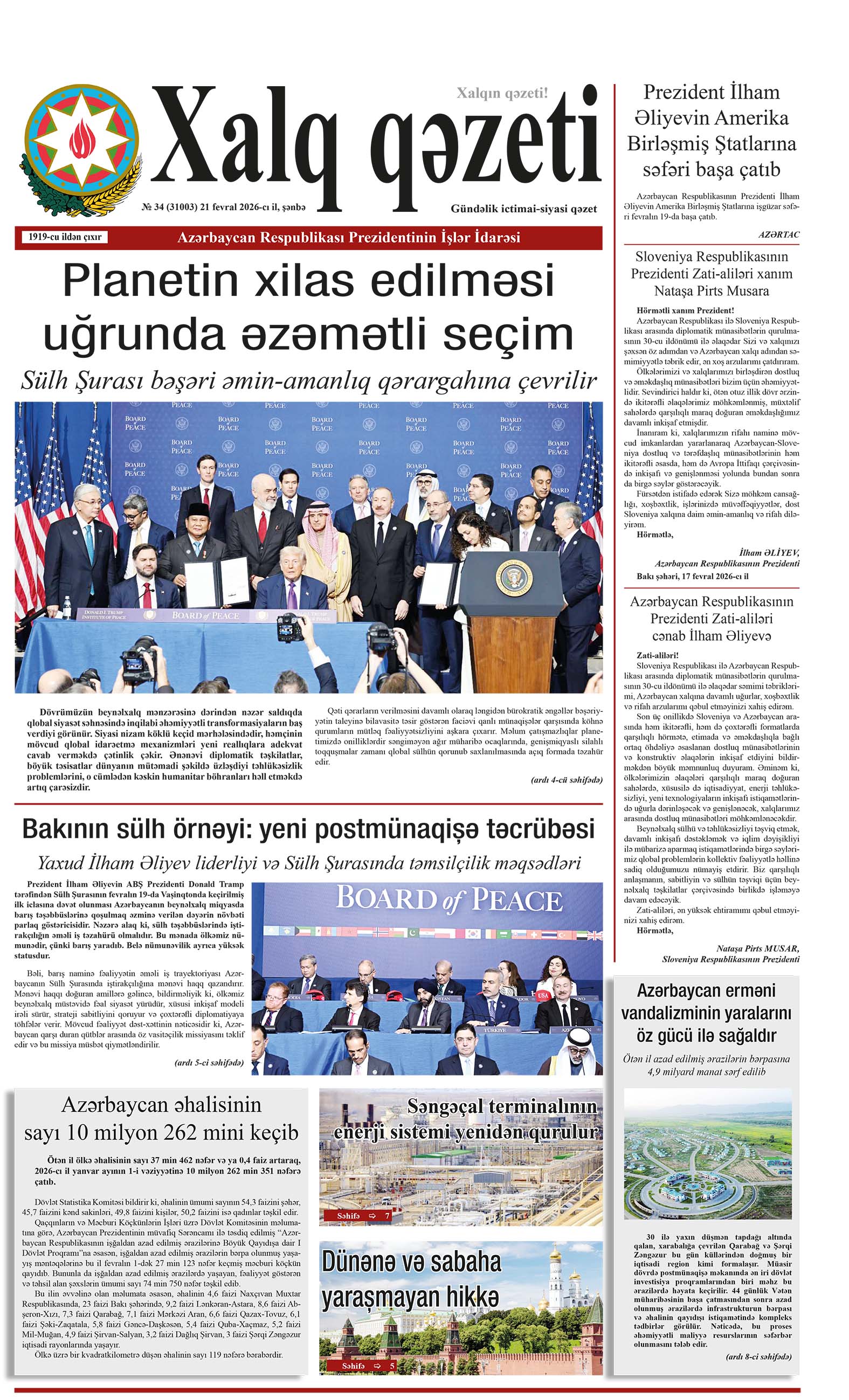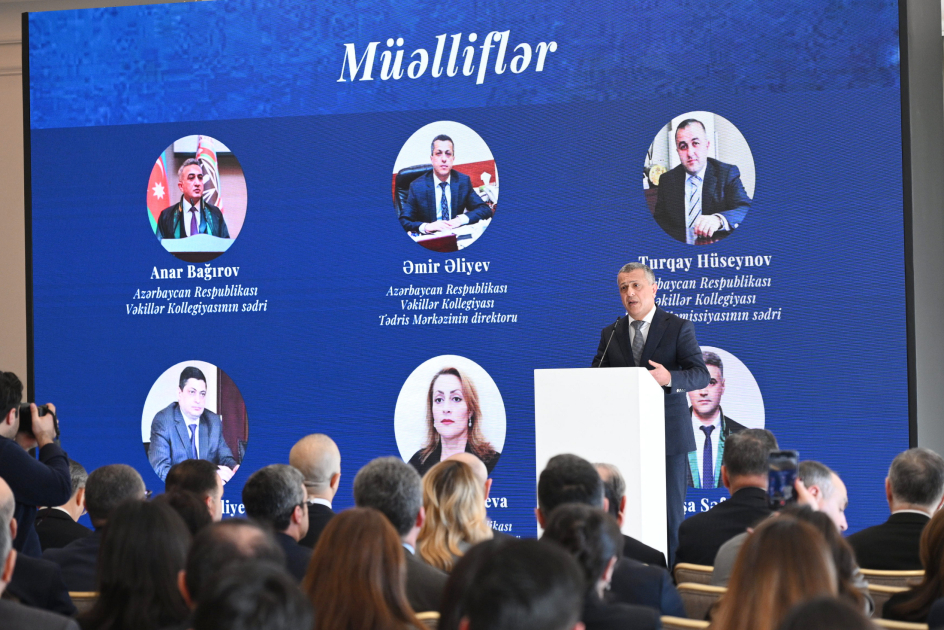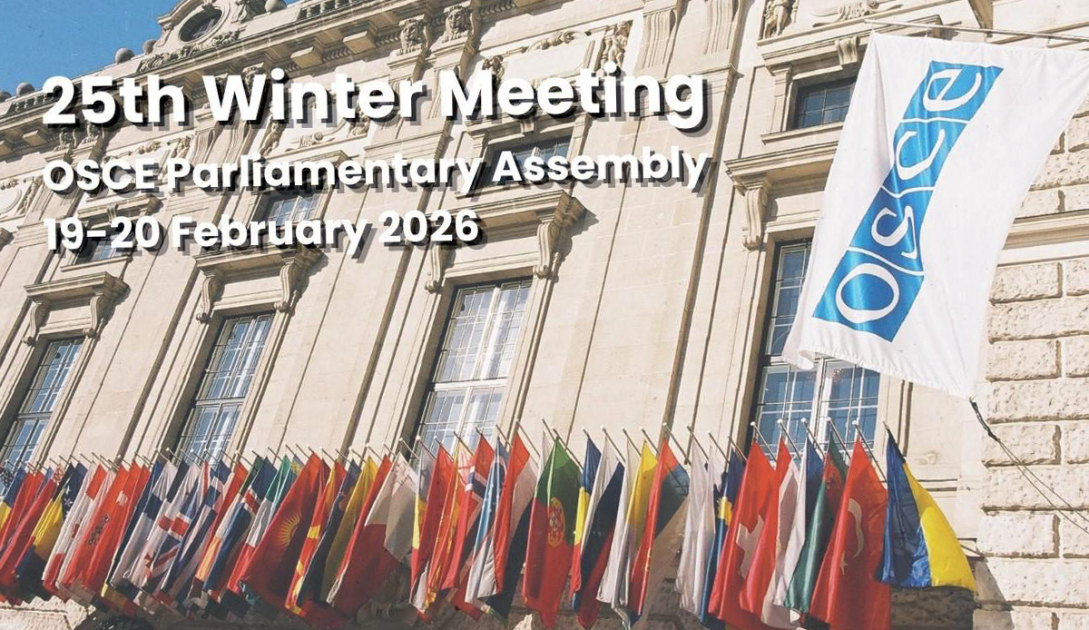Hungary is expected to ratify Sweden's NATO accession on Monday, clearing the last hurdle before the historic step by the Nordic country whose neutrality lasted through two world wars and the simmering conflict of the Cold War, according to Reuters.
The Hungarian parliament's vote, which is expected to pass smoothly after a visit by Swedish Prime Minister Ulf Kristersson last Friday during which the two countries signed an arms deal, will end months of delays to complete Sweden's security policy shift.
While Finland became a NATO member last year, Sweden was kept waiting as Türkiye and Hungary, which both maintain better relations with Russia than other members of the U.S.-led alliance, raised objections.
Türkiye withheld ratification on Sweden's membership demanding tougher action against militants from the Kurdistan Workers' party (PKK) it said had made a home in Sweden.
Sweden changed its laws and relaxed rules over arms sales to assuage Türkiye. President Tayyip Erdogan also linked ratification with U.S. approval of sales of F-16 fighter jets to Türkiye, with Ankara now expecting the United States to work on securing the U.S. Congress' endorsement.
Hungary's foot-dragging was less clear in nature with Budapest mostly venting its ire over Swedish criticism of the direction of democratic development under nationalist Prime Minister Viktor Orban rather than any concrete demands.
Turkey's signature left Hungary as the final hold-out with Orban facing pressure from NATO allies to fall in line.
The accession of Sweden, which has not been at war since 1814, and Finland is the most significant expansion of the alliance since its move into Eastern Europe in the 1990s.
While Sweden has ramped up cooperation with the alliance in recent decades, contributing to operations in places such as Afghanistan, its membership is set to simplify defence planning and cooperation on NATO's northern flank.
Sweden also brings resources such as cutting-edge submarines tailored to Baltic Sea conditions and a sizable fleet of domestically produced Gripen fighter jets into the alliance. It is hiking military spending and should reach NATO's threshold of 2% of GDP this year.


















